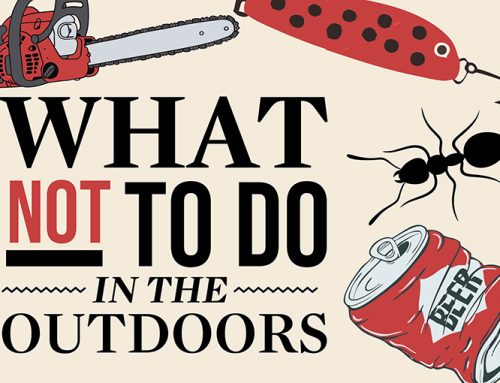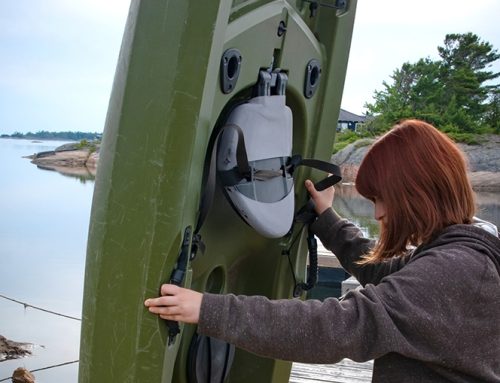
These efforts make a real difference in tone, functionality, and longevity of your calls and will keep them sounding sharp.
Diaphragm calls
In-season routine: Start by wetting the call and ensure the reeds (those thin latex layers) are separated. Stuck reeds sound flat and are less forgiving of a calling mistake. The best way to keep your reeds separated is to stick a reed separator in after use. For a while, Primos included reed separators with their calls, but most manufacturers now don’t.
Here’s an easy fix. Simply break off the working ends of plastic toothpicks so they fit in the call case. Insert them between each reed and you’re in business. This allows the reeds to dry without sticking together. Failing that, wet your call prior to use and then carefully pull the latex apart. Occasionally this can lead to tearing the latex, however, which is why the toothpick method is preferred. Do not leave your calls in direct sunlight. Leaving a call on the dash of your truck is a sure way to diminish its life.
Long term storage: Wash your calls off with lukewarm water and then dry them with a paper towel. Use a reed separator to allow the reeds to dry and then store them in the fridge during the off-season. This is a good daily routine, too, if you can manage it.
Box calls
In-season routine: I asked Ontario turkey guru Adrian Hare how often one should re-chalk their box call — assuming daily would is best, but not practical for most. He replied, “Every day you hunt.” Without question, the pros believe this has to be part of your routine. Chalk is meant to take any moisture out of the wood and creates better friction. To keep calls sounding their best, get used to chalking up while you’re still at the truck in the morning and you can rely on that call performing at its best.
Long-term storage: Keep your calls in a cool, dry environment.
Pot calls
In-season routine: Most pot-call surfaces and all wooden strikers must be coarse to create the friction needed to mimic a turkey. I use fine sandpaper on my slate calls and a small drywall sanding green for my crystal. Either will work to clean and condition your striker. Work the pad or sandpaper in one direction, remembering you will use your striker against the grain of the scratches you’ve created. Touch up the pot surface and your striker prior to each hunt. Keep the pot surface clean avoid touching the surface of the call, and use a protective case or plastic call cover throughout the season.
Long-term storage: Keep your calls in a cool, dry environment.
Originally published in the April 2022 issue of Ontario OUT of DOORS






Leave A Comment